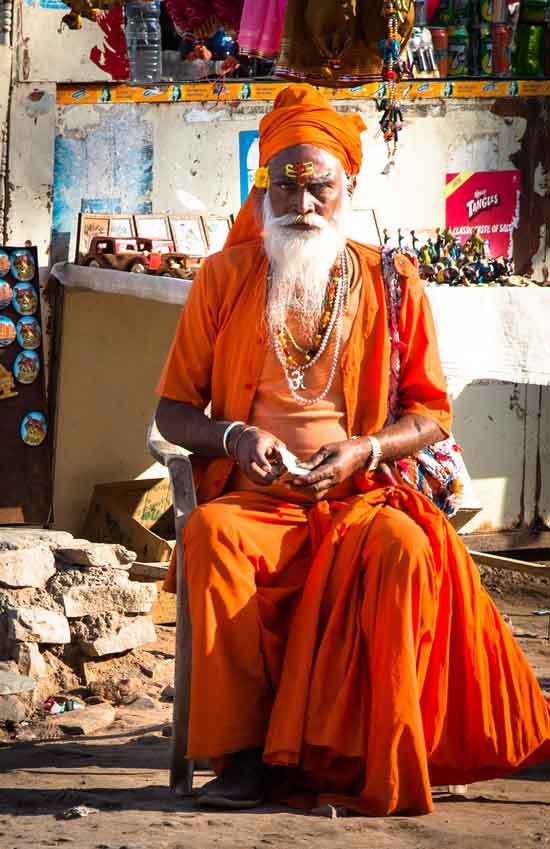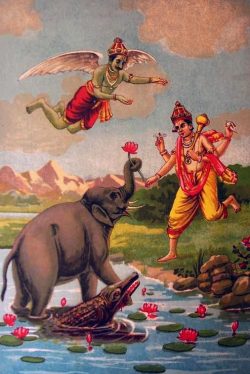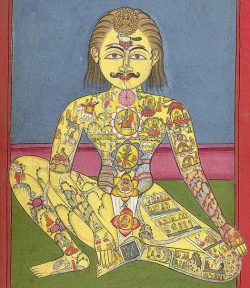Discovering Hinduism: Find out what the Hindu faith is really about
Hinduism stands as one of the world’s most intricate and diverse belief systems, shaped over centuries by a wealth of cultural, spiritual, and philosophical influences. It encompasses a tapestry of beliefs, practices, and traditions that have evolved and flourished over millennia.
It’s still one of the world’s largest religions but as proven to be magnet for cults and fake gurus far more than any other religion.
Foundations and Beliefs
With its roots deeply embedded in the Indian subcontinent, Hinduism’s origins trace back through an extensive historical timeline. Unlike many other religions, it lacks a single founder or a rigid set of dogmas.
Instead, its philosophical thought draws from a collection of ancient scriptures, such as the Vedas, Upanishads, and Bhagavad Gita, serving as foundational texts that guide its spiritual principles.
Central Tenets
At the heart of Hinduism lies the concept of Dharma—a principle encompassing duty, righteousness, and the moral order that individuals are encouraged to uphold in their lives.
Karma, another fundamental belief, emphasizes the interplay between actions, intentions, and their consequences, shaping both present experiences and future incarnations.
Deities, Practices, and Diversity
Hinduism boasts a diverse pantheon of deities, each embodying different facets of the divine. Major gods and goddesses like Brahma (the creator), Vishnu (the preserver), Shiva (the transformer and destroyer), and Devi (the divine feminine) are revered alongside countless regional and local deities.
Rituals and practices within Hinduism span a wide spectrum, ranging from daily prayers and home shrine offerings to elaborate temple ceremonies, vibrant festivals like Diwali and Holi, and pilgrimages to sacred sites across India.
Yoga and meditation, deeply rooted in Hindu philosophy, have also gained global recognition for their spiritual and wellness benefits. However one should always remember that Yoga is a religious practice no matter what your teacher tells you. It’s not just a way to exercise.
Cultural and Philosophical Richness
Hinduism’s hallmark lies in its capacity to accommodate a multitude of beliefs, practices, and customs. It encompasses various paths to spiritual enlightenment, including the paths of knowledge (Jnana Yoga), devotion (Bhakti Yoga), selfless action (Karma Yoga), and meditation (Raja Yoga).
This adaptability has enabled Hinduism to absorb and integrate diverse cultural elements, regional customs, and philosophical concepts, fostering a vibrant tapestry of traditions within its fold.
Unity in Diversity
Despite its myriad manifestations, Hinduism finds unity in its underlying spiritual principles. It promotes tolerance, respect for differing viewpoints, and the recognition that diverse paths can lead to a shared understanding of truth and self-realization.
Hinduism’s Ancient Roots
Hinduism’s ancient roots and dynamic evolution offer profound insights into spirituality, philosophy, and the human pursuit of meaning. Its teachings resonate globally, inspiring seekers and practitioners to embrace lives enriched by wisdom, harmony, and spiritual growth.
Whether as a personal source of inspiration or a subject of scholarly exploration, delving into Hinduism reveals a wealth of beliefs, practices, and values that continue to shape and influence our world.















